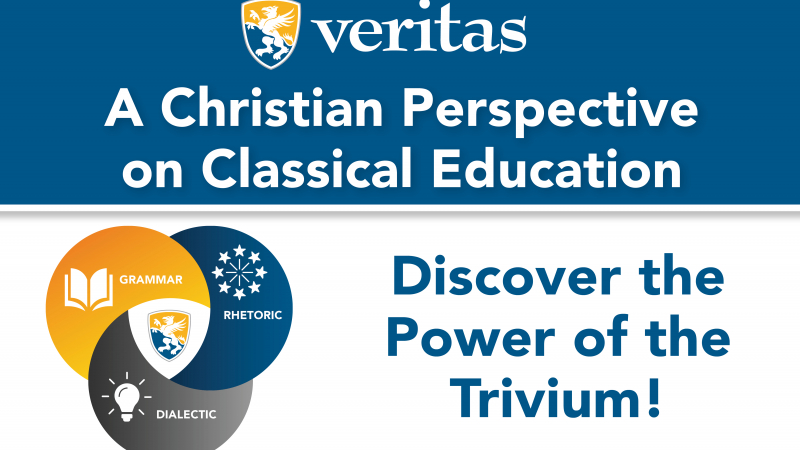A Practical Look at Classical Christian Education

The Trivium, a guiding principle of classical education, offers a practical roadmap for academics. This educational philosophy emphasizes a holistic approach to learning, and it is particularly powerful when viewed through a Christian lens.
Firm Grounding in the Classics
Classical education champions the study of literature, history, and philosophy. Through what is known as the Great Books, students engage with the profound philosophical and moral questions that have influenced our world. A deep understanding of these foundational ideas equips students to navigate life's intricacies, make sense of their own experiences, and influence the world around them.
Cultivation of Critical Thinking
In today's information age, critical thinking is an invaluable skill. Classical education places significant emphasis on developing this ability. It aims to empower students to not only understand their beliefs but also to articulate them persuasively and thoughtfully. Critical thinking involves the analysis of evidence, consideration of different viewpoints, and the use of logical reasoning to reach informed conclusions.
Nurturing Strong Writing Skills
Classical education, following the Trivium structure, underscores the significance of using words with precision and purpose. Whether in the form of stories, essays, plays, or poems, students in the Veritas educational programs are encouraged to reflect a Christian worldview—and use God’s word as a guiding principle for approaching writing projects and beyond.
Classical Education with a Christian Worldview
It is important to note that not all classical education is inherently Christian. To align your homeschool education with Christian beliefs, it's imperative to seek a "Christian" classical education. Classical Christian Education cultivates logical thinking, grounds education in biblical principles, and guides students with God’s word.
To learn more about how the Trivium and Classical Christian Education can look in your day-to-day life, download our eBook “Discovering Online Classical Christian Education.”






